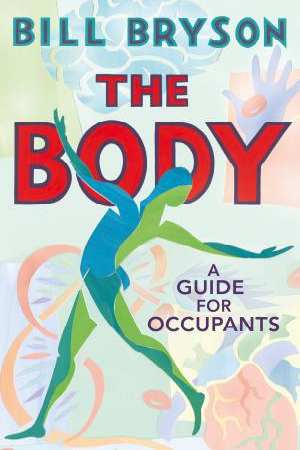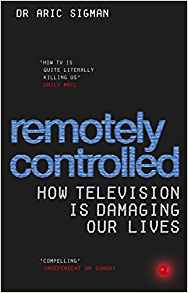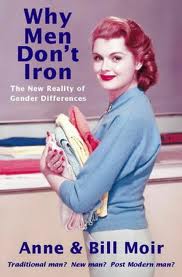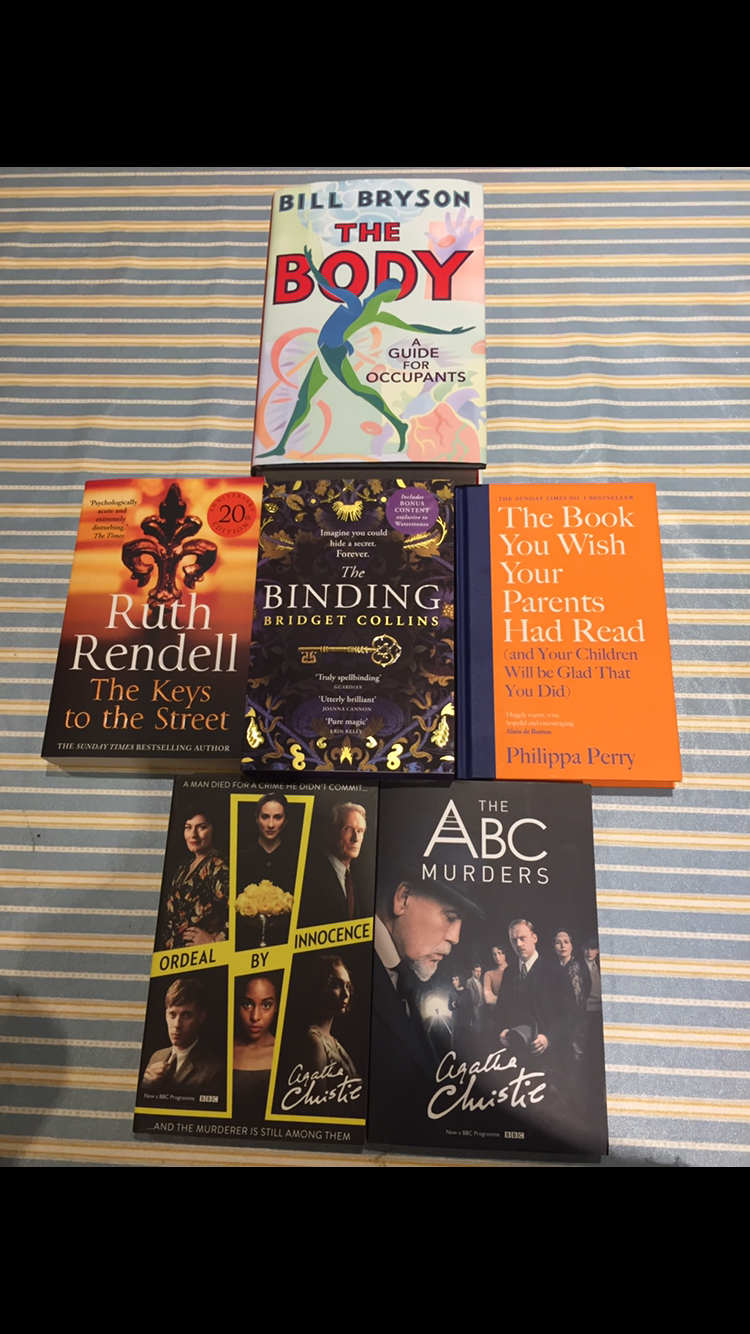
So it turns out Neo was right; we are living in a matrix.
Or, more accurately, reality is not ‘real’ but the constant creation of our ever-busy brains, which are significantly more powerful than any man-made computer, constantly interpreting the world around us to create the perception of a rich sensory environment.
Did you know that objects don’t actually have an inherent smell or taste or colour, which is why soap lather is always white, no matter what colour your bar of soap appears to be? Or that we don’t have any bodily receptors for wetness, meaning that when you sit down on a wet spot you can’t tell if it is wet or just cold?
I love this last fact, because it explains why I always really struggle to judge whether cold laundry is dry or not; my brain literally cannot tell the difference (which is why I often bypass my senses entirely by allocating a certain number of hours drying time, then assuming that even the coldest feeling clothes are long since dry).
Now, if none of the above is news to you (or at least feels reasonably new as in “ah, now that I read this I vaguely recall learning about it during my school days but failing to retain it because it’s so bizarre / hard to fathom / mind bending”) then you probably aren’t the right audience for Bryson’s whistle stop tour of the human body. This is definitely a book for those people who found biology interesting but didn’t turn it into their day job.
What’s it about?
You. Specifically: your skin, hair, microbes, brain, head, mouth, throat, heart, blood, chemistry, skeleton, bipedalism, exercise, equilibrium, immune system, breathing, digestion, sleeping, private parts, conception, birth, pain, diseases, medicine and, of course, your death.
What’s it like?
Frequently fascinating, often humorous and occasionally judgmental. (It’s clear Bryson is not impressed by American healthcare – or many aspects of the British system – though his ire doesn’t stretch much further than appalled comparisons. Certainly he’s not advocating any kind of political action from his readers, more disseminating an awareness of inequalities that might surprise you.)
If you’ve read Bryson before you’ll be familiar with his enthusiastic and often humorous tone as he dashes from interesting fact to fascinating snippet via a potted biography of this key figure and a short history of that key topic. My husband always knows when I’ve got my hands on the latest Bryson; I will share delightful facts and amazing discoveries until he has to tell me to stop. Apparently not everyone needs to know that our bones grow bigger with exercise and produce hormones that may help to stave off Alzheimer’s.
Final thoughts
Comprehensive? Yes and no – the breadth means that there isn’t always much depth and you can frequently expect to read that ‘no one really knows why’ our bodies work in a particular way, even if there are plenty of scientific theories available. This isn’t a problem if you’re just reading for the oohs and aahs, (re)discovering the many miracles your science teachers sought in vain to impress you with, but if you want to fully understand the miracle of the human eye (for example) then this may not be the book for you.
I thoroughly enjoyed Bryson’s tour of the body, and though the lack of elaboration of certain statements is occasionally startling (hey! I want to know more about that amazing fact you just threw into conversation!), that’s almost part of the joy of this book: subjects you never really thought twice about are now sufficiently intriguing that you’ll at least be making a Google search and possibly even following up on some of Bryson’s references.
Expect to discover a range of wide range of facts clearly and enthusiastically explained for the mildly interested. Did you know that sweat helped make humans brainy? Or that no two heart attacks are the same? Or that radioactive products used to be added liberally to medications (sometimes with devastating consequences)? Or that…ok, ok, you get the idea. I defy you to read this and not feel compelled to share your own little snippets.


